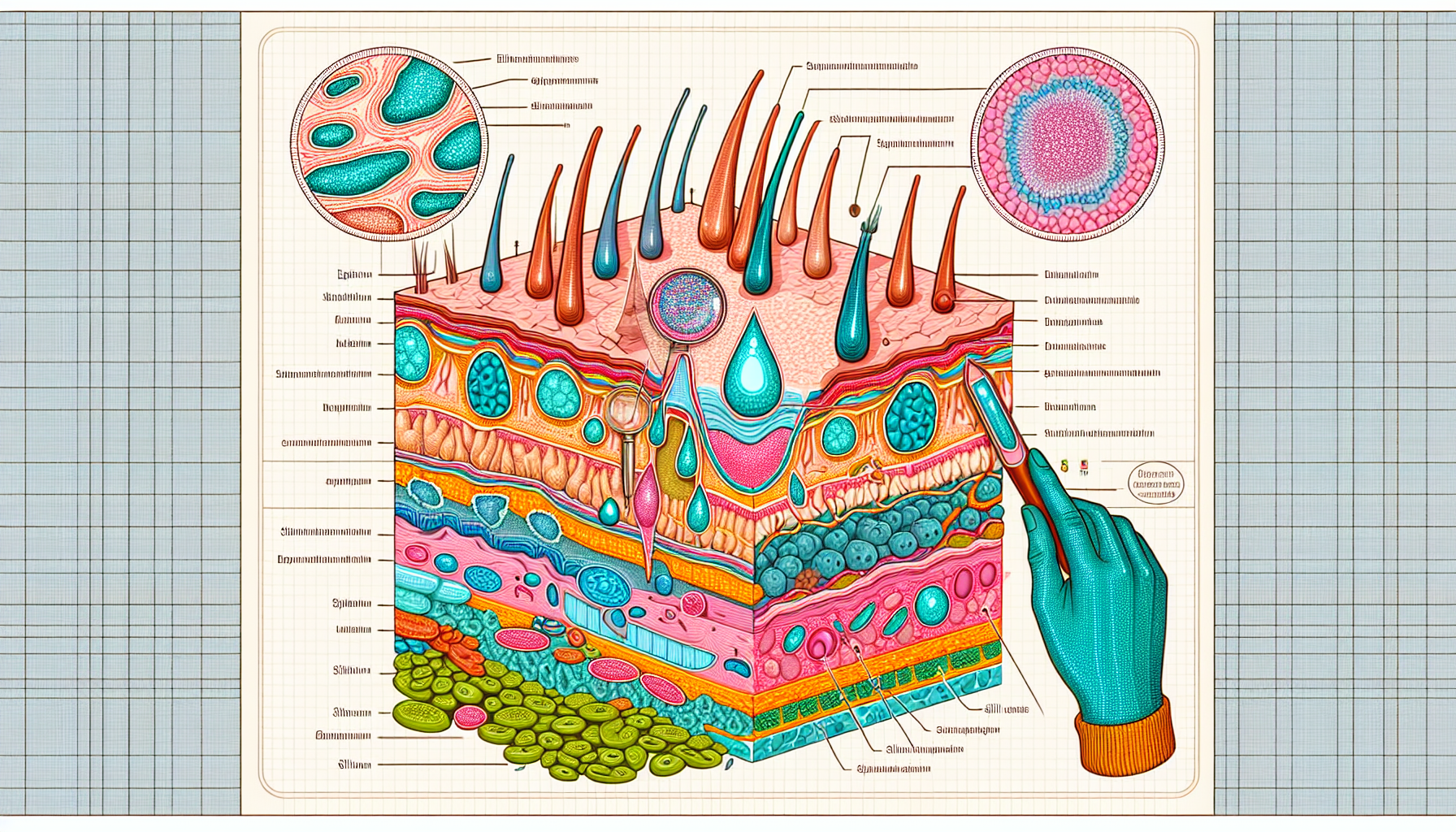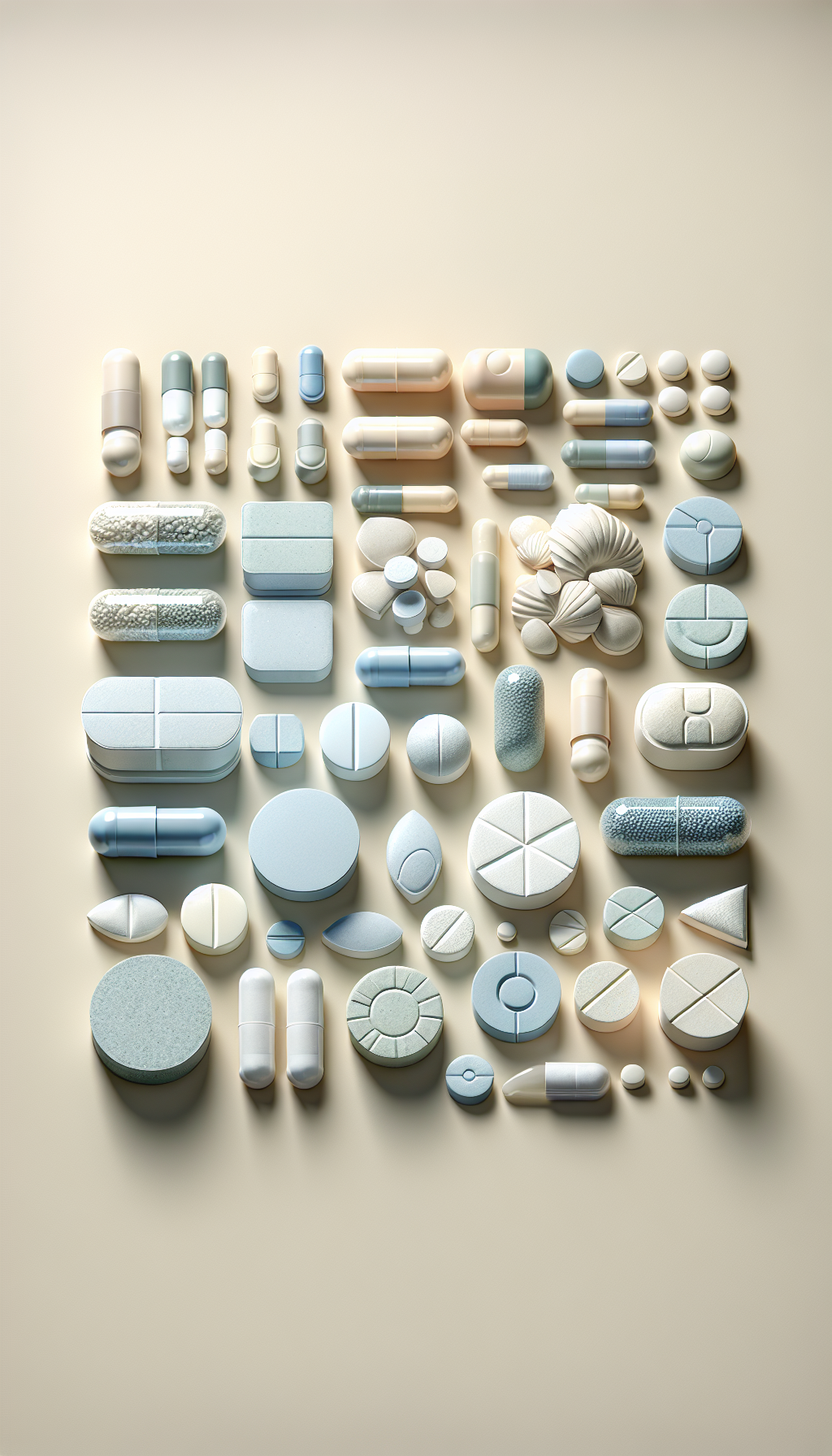The human skin is an extraordinary organ – protective yet permeable, resilient yet sensitive. To maintain its myriad of functions, the skin relies on a complex network of cells, proteins, and minerals. Among these, silicon stands out as a crucial element that contributes significantly to the skin’s strength and elasticity. While often overshadowed by the more well-known collagen and elastin, silicon is an unsung hero when it comes to skin health, playing a pivotal role in the formation and maintenance of connective tissue.
Understanding Silicon’s Role in Skin Health
Silicon, a trace mineral found in the human body, is essential for the optimal synthesis of collagen and elastin, two proteins that are foundational for the skin’s structure. Collagen provides rigidity and strength, while elastin grants the skin its ability to stretch and bounce back. Silicon acts as a building block for these proteins, ensuring that the skin’s framework remains robust and flexible.
Furthermore, silicon is also involved in the formation of glycosaminoglycans (GAGs), which are key components of the skin’s natural moisturizing factor (NMF). GAGs help retain water in the skin, maintaining hydration and preventing dryness and flakiness. By supporting the skin’s barrier function, silicon helps in protecting against environmental stressors that can lead to premature aging.
To explore the connection between nutrition and skin health further, one can delve into the intricacies of Skin Health, which lays the groundwork for understanding the pivotal role of various nutrients, including trace minerals like silicon, in maintaining a radiant complexion.
Silicon’s Synergy with Other Nutrients
Silicon doesn’t work in isolation. Its efficacy is enhanced when combined with other nutrients that support skin health. For instance, vitamin C is crucial for collagen synthesis, and its antioxidant properties protect the skin cells from oxidative damage. Similarly, zinc plays a part in skin renewal and healing, and omega-3 fatty acids, known for their anti-inflammatory properties, contribute to a smooth and supple skin texture.
By ensuring a diet rich in these nutrients, one can augment the skin-strengthening effects of silicon, thereby enhancing overall skin health. Comprehensive insights into the role of such nutrients can be found in articles like Exploring the Benefits of Omega-3s for Healthy Skin and The Importance of Vitamin E in Skin Care and Repair.
Silicon in the Diet
To harness the benefits of silicon for skin health, incorporating silicon-rich foods into one’s diet is essential. Foods such as bananas, green beans, and mineral waters high in silicic acid are excellent sources. Whole grains and cereals also contain appreciable amounts of this mineral. For those looking to supplement, orthosilicic acid (OSA) is a bioavailable form of silicon that is readily absorbed by the body.
For in-depth information on how diet influences skin health, particularly in managing specific conditions, the article The Role of Diet in Managing Rosacea Symptoms provides valuable insights.
The Science Behind Silicon and Skin Elasticity
Research into the benefits of silicon for skin health has shown promising results. A study published in the "Archives of Dermatological Research" found that dietary silicon helps improve skin surface characteristics and its mechanical properties, which can lead to a reduction in fine lines and wrinkles. Another study in the "Journal of Nutrition, Health & Aging" highlighted the positive effects of silicon on skin thickness and elasticity.
To further understand the impact of micronutrients on skin health, external resources such as the Skin Pharmacology and Physiology journal offer a wealth of peer-reviewed research articles.
Topical Use of Silicon
Silicon isn’t just beneficial when consumed as part of the diet; it also has applications in topical skincare products. Silicon compounds, such as dimethicone, are used in formulations for creams and serums due to their ability to form a protective barrier on the skin’s surface, which locks in moisture and protects against environmental damage.
For those interested in the science of skincare ingredients, the International Journal of Cosmetic Science provides detailed analyses of the properties and efficacy of various compounds used in skincare, including those containing silicon.
Silicon Supplements and Skincare
For individuals unable to meet their silicon needs through diet alone, supplements can offer a convenient alternative. However, it’s important to choose high-quality products that provide silicon in a bioavailable form. It’s always recommended to consult with a healthcare professional before starting any new supplement regimen.
The role of supplements in skin health is further explored in the article The Role of Collagen Supplements in Skin Health, which examines the benefits and considerations of incorporating such products into one’s skincare routine.
The Future of Silicon in Dermatology
As research continues to unravel the multifaceted role of silicon in skin health, its potential applications in dermatology are expanding. From its use in wound healing to its potential in addressing skin conditions like atopic dermatitis, silicon’s versatility is becoming increasingly apparent.
For those keen to stay abreast of the latest developments in skincare research, niche resources like the Dermatology Research and Practice journal offer cutting-edge information on emerging studies and treatments.
Conclusion
Silicon’s role in skin strength and elasticity is an example of the complex interplay between nutrients and skin health. By supporting the synthesis of vital proteins and maintaining hydration, silicon proves to be an indispensable ally in the quest for healthy, resilient skin. Through a combination of a balanced diet, sensible skincare choices, and possibly supplementation, one can fully harness the skin-supportive properties of this essential trace mineral.
As we continue to advance our understanding of the skin’s nutritional needs, the importance of silicon is likely to gain further recognition, reinforcing its status as a key component in the realm of skin health and dermatology.



